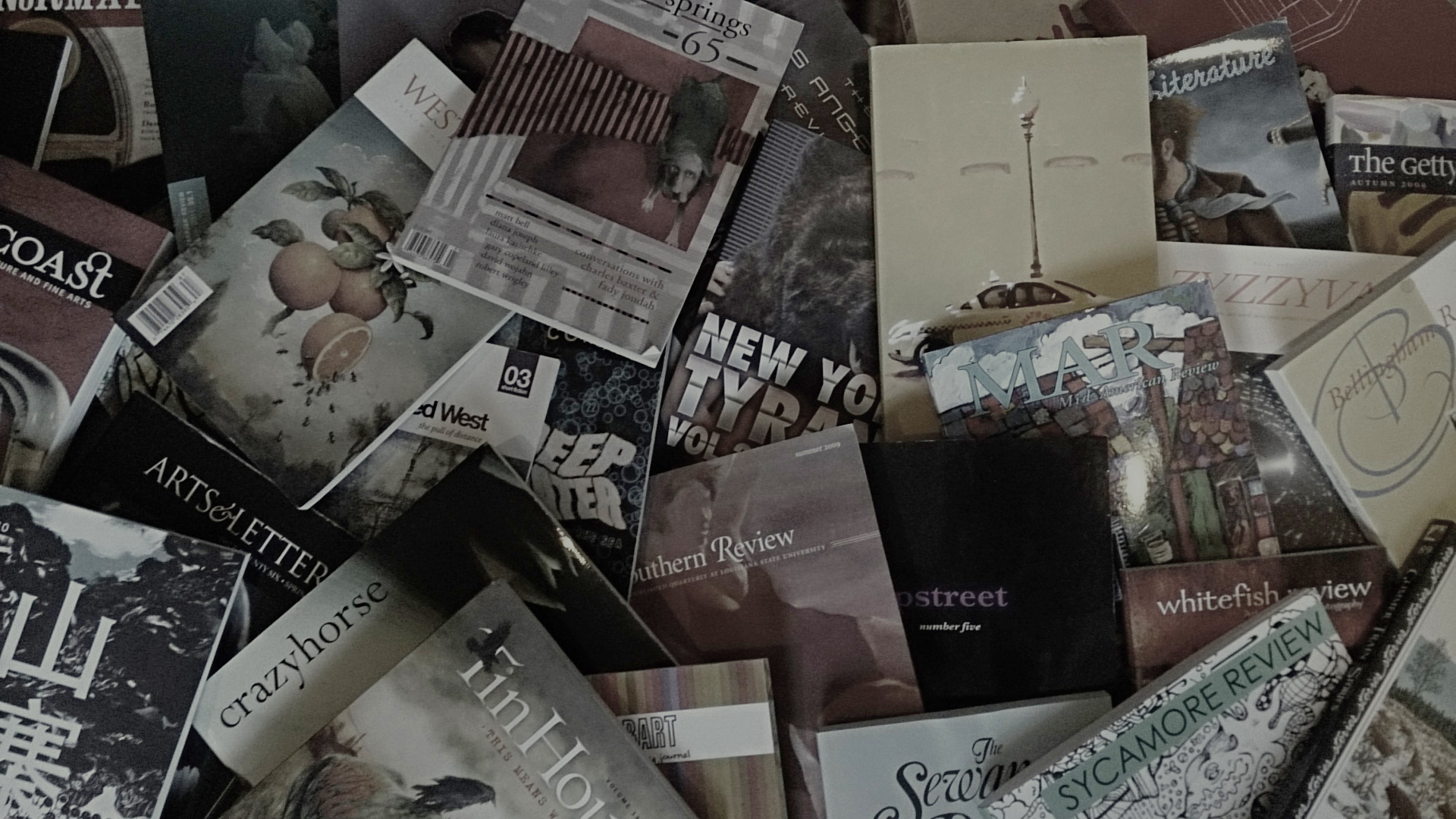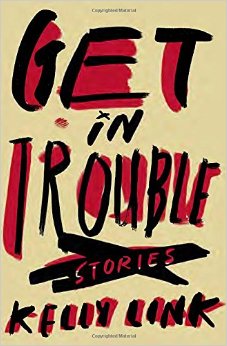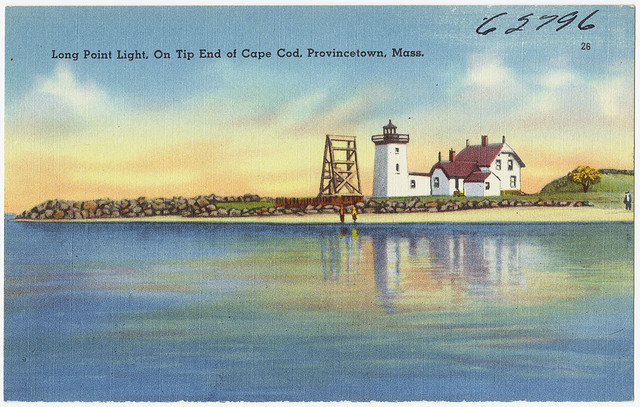The Best Short Story I Read in a Lit Mag This Week: “Honeymoon Bandits” by Nick Fuller Googins

The primary thread of the Robin Hood myth could be distilled to this: a group of ardent citizens use illegal activities to battle crooked authorities on behalf of powerless citizens. In “Honeymoon Bandits” (Willow Springs) Nick Fuller Googins captures the present day complexities of civil (and uncivil) disobedience, from the perspective of a small town in Cape Cod, home to a pair of humble bank robbers out to change the world.
Googins’ introduction of the Honeymoon Bandits comes mid-theft, from the perspective of a small town’s collective adult voice—in the first person plural, or “we”—describing the robbers in kind, parental terms, even though they’ve have already robbed a string of nearby banks.
The girl (robber) had become a delightful conversationalist. While the boy conducted his business with the tellers, she smiled and inquired as to what we were reading…She jotted down our recommendations, offered suggestions of her own. She was an independent young woman, sure of herself without the need for swagger or airs. We could only hope our own daughters would one day possess such poise.
There’s both pride in their description of the couple and even hope that their own children might someday exhibit some of their characteristics. With that comes a sense of ownership. The bandits are more of an “us” than a “them” to the plural narrators, which only grows when the bandits’ intentions are made clear.
He (the boy bandit) cleared his throat. “Dear people, your bank is insured by the full faith of the federal government. Your savings will be unaffected.” He sounded like a child reciting lines in a school play. “We’re sorry to inconvenience you,” he said, “but we require these funds—not for ourselves, but for the environment.
While it’s not clear what exactly they will do for the environment, the declaration is enough for the narrators, at least for now. But notice how Googins characterizes the bandits from the narrators’ perspective. To the narrators, not only is the boy childish, but his earnest response sounds like it belongs in a school play. While goodwill is implicit in the reaction, so is condescension: the adult community doesn’t really take what they are doing seriously.
But as the bandits rob more banks, they earn more respect, soon becoming heroes amongst the youth of Cape Cod, who begin dressing in similar styles to the bandits, mimicking their facial hair and tattoos. Even the narrators begin to examine their own lives to see how they become more conservational in light of the bandits’ still-secretive mission…
We urged our husbands to repair broken chairs rather than hauling them to the dump. We asked our wives to rig their sewing machines and mend our jackets. We brainstormed new ways to chip away at our credit car payments and took up the old habit of clipping coupons, unable to fathom why we’d ever stopped.
…as well as questioning whether or not they themselves might have all this time been on the wrong side of history.
The honeymoon bandits—we realized—were robbing only the branches of the national chains…who among us did not have a cousin who’d lost a home to foreclosure? And elderly neighbor whose meager retirement had been halved?
Googins has deepened the reasoning behind the town’s admiration for the bank robbers so that now it has as much to do with morality as it does with affection. But he then complicates that loyalty by upping the stakes on both sides of the disagreement. An SUV dealership is struck by arson, then an oil pipeline, which stems the adult narrators enthusiasm, but not the town’s earnest youth. Meanwhile the feds—insisting the bandits are behind the attacks—slowly filling the cape with black government SUVs and helicopters, begin infiltrating.
Through this escalation, Googins creates a divide between the youth and the adults of the town.
The Honeymoon Bandits cared for the environment; so did we. But caring for the environment did not include the violent destruction of property. If there was a chance the Honeymoon Bandits were indeed funding the eco-attacks, we could no longer extend our hands…in support. Could we?
Our adolescent sons and daughters thought we could, and absolutely should.
While Googins’ story—like Robin Hood—explores that hazy and controversial real estate stretching from civil disobedience to terrorism, in the end, it’s just as concerned with how a generation of parents and children can be divided not by their values or concerns, but the question of how to apply them: “We loved our children,” the narrators say. “We wanted them to care (about the environment), we did. We just didn’t want them to care too much.”
So who is in the right? Given the timetable of a pending environmental catastrophe, one that could threaten the very existence of humankind, what is the appropriate response? I won’t spoil the ending, but I will say this: For the adults of Cape Cod, the kids aren’t just all right. They’re right.


